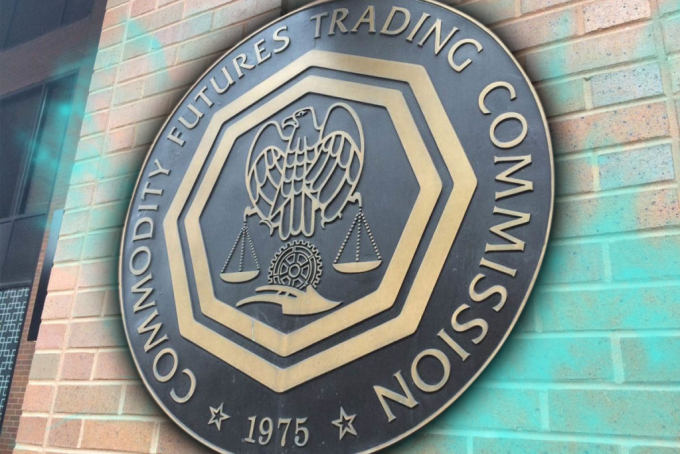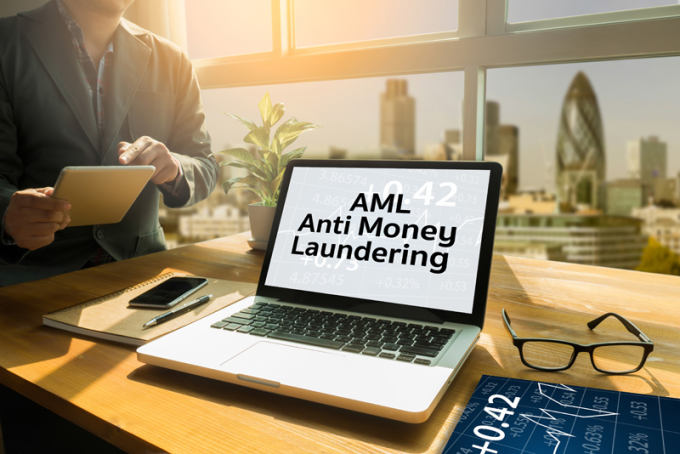Ever since it was implemented, brokers have relied on the Protocol for Broker Recruiting to be able to take some of their clients with them when they leave a firm, but a recent ruling by a state court in Georgia might jeopardize the Protocol’s protections.
The Appeals court’s ruling concluded the case against four former Aprio brokers, who failed to give 60 or 90 days’ notice before moving to Morgan Stanley, as it was established in their employment agreements.
Instead of giving Avrio a heads up, they announced they were leaving and quit on the same day. As soon as they had a foot out the door, they reached out to all their clients, in an attempt to bring them over to Morgan Stanley. Naturally, many followed, and Aprio lost a significant amount of business.
 FINRA Lawyer Blog
FINRA Lawyer Blog

















